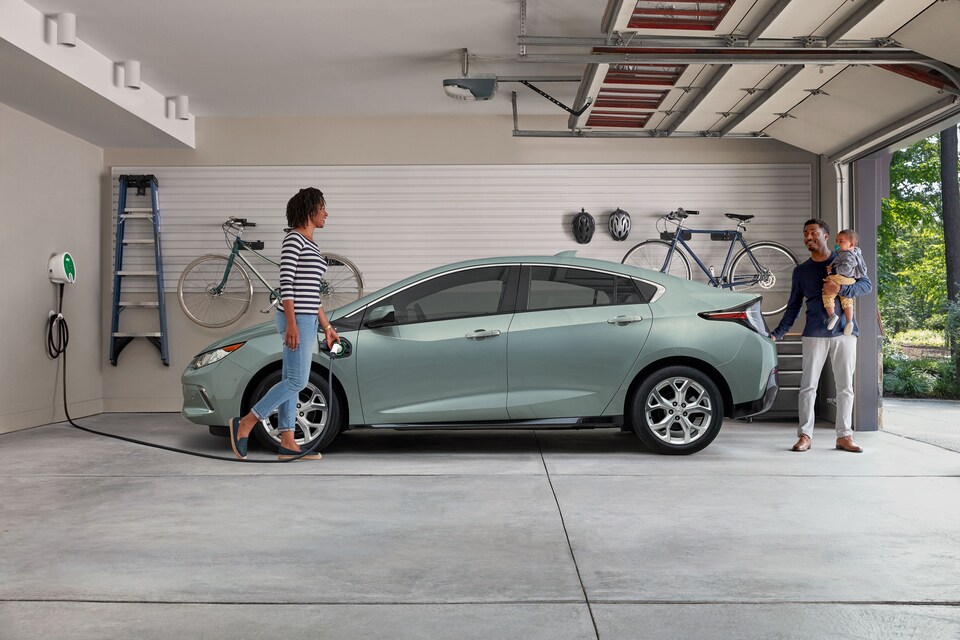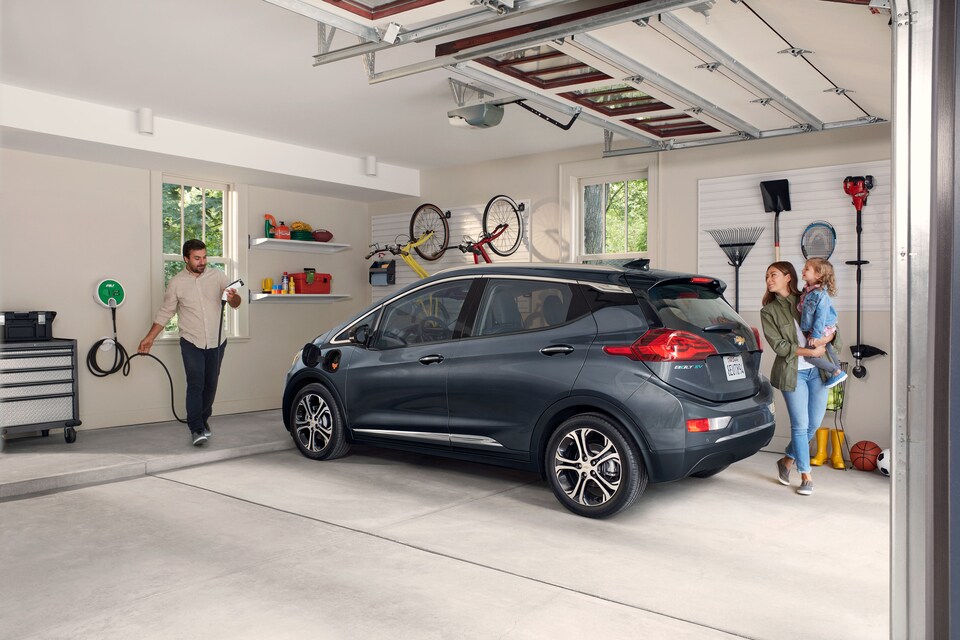
Life with an Electric Vehicle
Points to Know About an Electric Car
The electric vehicle revolution has arrived at Victorville Chevrolet, and the word "vehicle" applies. Although many call them electric cars, the auto manufacturing world has plans for electric SUVs, trucks, hummers, and more. Over time, expect to see more and more innovative electric models hit the market, including many produced by Chevrolet.

Chevy and the Electric Car Revolution
Many electric car drivers want to learn about today's electric cars. Concerns over fuel prices and worries about fossil fuels' impact on the environment lead many to want to drive an electric model. In particular, they could find themselves looking at the impressive selections made available by Chevrolet.
Chevy puts out two impressive models that may appeal to would-be shoppers. The Chevy Bolt EV represents the company's hatchback model represents an innovative option for those seeking a car experience.
Points About the Electric Motor
An electric motor does not rely on the same components as a traditional one. Therefore, the motor won't require much maintenance and can last an incredibly significant lifespan. Still, the owner must care for the vehicle and have brakes and other components inspected. Performing necessary repairs will prolong the vehicle's lifespan and safety features.
Coming Soon: the All-Electric 2023 Silverado Pickup Truck
The Silverado EV is unavailable right now, but the model is coming in 2023. The traditional Chevy Silverado stands as a top-rated pickup truck known for durability and performance. The electric, battery-powered version takes the classic model into the future, and the future has arrived at Victorville Chevrolet.


How Electric Cars Work
Since an electric vehicle does not rely on an internal combustion engine, the model requires a battery to deliver the necessary power source to operate. The battery connects to an electric motor, and the motor operates the wheels. So, when the driver steps down on the acceleration pedal, the electric motor causes the wheels to speed. Again, the process is similar to an internal combustion engine, but without the need for gasoline.
Electric-Powered SUVs
The Chevy Bolt EUV arrives as an alternative to gasoline-powered sports utility vehicles. SUVs appeal to people interested in spacious interiors and exterior styling. Top SUVs also deliver on power and performance capabilities. Now, the Chevrolet Bolt EUV provides another option for those seeking the benefits of an SUV and the modernized features of an electric vehicle.

Charging an Electric Battery
Of course, electric batteries are rechargeable, and plug-in charge points deliver the electricity source that replenishes the depleted battery. Plugging the charger connector involves steps not much different than putting a classic gas nozzle into a gas tank opening. Electric charging takes longer, although rapid charging may be an available option. Also, the amount of time required to charge the battery will depend on how depleted it is.
Electric car owners may leave their vehicle charging for extended periods. Overnight charging could be necessary when the battery drops down quite low.
Locating a Charge Point
Finding an electric charge point to recharge your vehicle's battery based on your geographic location is easy. You can search for one using any GPS app to find the nearest charging station. Remember that not all charge points are part of a service station and exist as stand-alone locations. Many retail stores have plug-in charge points in their parking lots. Some cities have electric charge points strategically located on sidewalks near-normal parking spaces, too.
Apartment complexes might come with charge points in their parking areas. A homeowner may choose to install a dedicated charge at their property.
Electric Vehicles Mileage and Range
How far an electric car gets on a full charge varies. A Chevy Bolt EV may max out at 259 miles on a full charge, while the Chevy Bolt EUV could deliver 250 miles. A point bears mentioning about electric models: they don't burn fuel while idling since they don't require gasoline.
Is the Chevy Bolt EV or EUV right for you? Visit Victorville Chevrolet and test drive one to find out.
How Can We Help?
* Indicates a required field